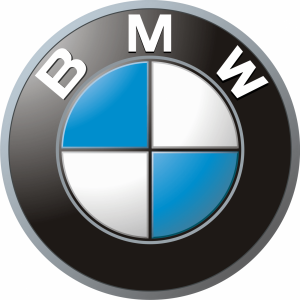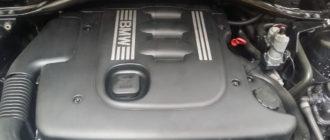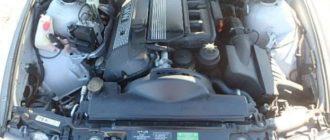Every car brand has its own anti-rating in its lineup. It is not necessary for the entire car to end up in the anti-rating; it is enough for the manufacturer to produce a low-quality, short-lived engine to guarantee inclusion in the anti-TOP. BMW has in its arsenal a range of engines that do not stand out for their reliability and quality.
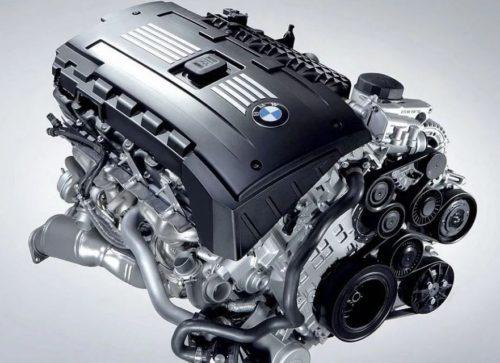
The engines of the M series from BMW have become the best in the lineup. However, the N series, which either indicates negligence on the part of mechanics and engineers during development, or that BMW deliberately decided to create queues at auto service centers, does not excel in quality.
The N series engines consume approximately 1 liter of oil per 1,000 km, with the engine lacking an oil dipstick, and the oil sensor often showing incorrect data. This situation can lead to oil starvation or constant anxiety for the car owner regarding the oil level. Monitoring the oil level is very difficult and time-consuming in terms of both time and resources.
The oil seal caps in the engine last no more than 30,000 km, a very low lifespan, especially for BMW. Another typical problem is the timing chain, which stretches as early as 80,000 km.
Even before wear and tear on the cylinder-piston group, it is noticeable that the parts are finicky. All this is compounded by the cost not only of parts but also of consumables. The major overhaul of BMW engines can amount to half the cost of the entire car.
An amazing fact is that the N series engines are recognized as the best in many competitions. BMW has incorporated all the cutting-edge automotive technologies into these engines, hence the high engine ratings.
Modification of BMW N45 Engines
The engine production was carried out from 2004 to 2011, and the engine was installed in models 116i, 316i, 320si.
Its most well-known negative feature is the consumption and interruptions in the operation of the timing chain. This is especially noticeable in models with a 1.6-liter engine. However, in the 320si model (a 4-cylinder, 2.0-liter engine considered high-speed), an additional problem often arises — cracks that appear on the cylinder block.
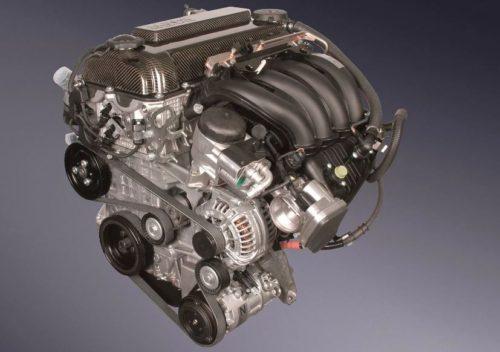
This problem arose due to a technical flaw, namely, insufficient wall density between the cylinders. N45 engines with such shortcomings were put into serial production without any modifications.
Modification of BMW N47
The popular engine was put into production in 2007. The diesel engine was installed in BMW series: 118, 120, 123, 318, 320, 520; X1 18, 20, 23; X3 1.8, 2.0. The power of such an engine reaches up to 218 hp, with a displacement ranging from 1.6 to 2.0. Only a 2-liter engine can be related to a milk carton, not to these models.
There were no problems found upon the launch of the N47 engines; they showed excellent fuel consumption and torque. They fully satisfied their owners for the first 2-3 years.
After several years of use, noises, stretching, or chain breakage began to appear in the engines. Another problem was the wear of the camshaft sprockets. The first released N47 engines could not go more than 60,000 km on a single chain; to replace the chain, the engine needed to be removed, increasing the replacement cost significantly. In 2011, the chain issue with N47 was resolved.
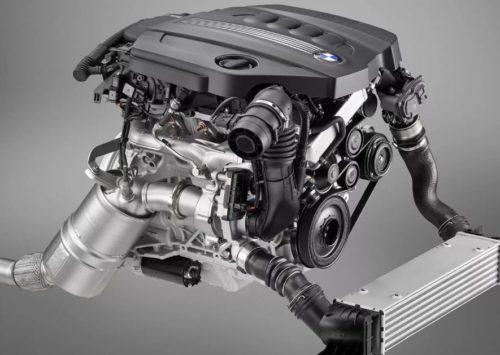
In addition to the cylinder block cracking in the N47, the piezoelectric injectors quickly wore out, with their lifespan limited and their cost significantly high. Replacing this part is quite expensive.
The engine's design is such that in case of throttle valve failure, it could drop under the cylinders and valves. This flaw can cause additional problems and malfunctions.
BMW N46 Engines
The petrol N46 engines, which started production in 2004, are siblings to the diesel N47 version. N46 engines were installed in models: 120, 318, 320, and X3 2.0.
The engines were not meant to end up in the anti-TOP with their specifications: 4-cylinder, 156 hp, no turbocharging. BMW incorporated all possible automotive industry advancements into the engine and aimed to increase fuel efficiency, but the result was not the most positive, not what the owners expected.
The most prominent issues were the wear of the oil seal caps and coking of oil in the piston rings. As a result, the engine consumes a lot of oil with little output, and with no dipstick and incorrect sensor readings, oil starvation can occur.
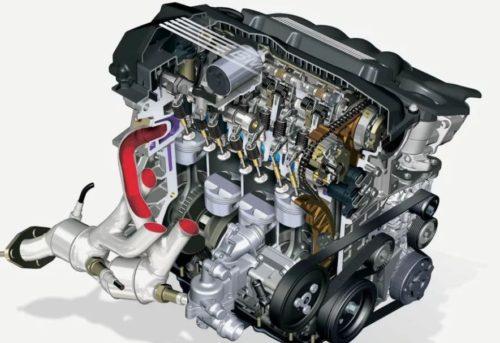
A common problem in the timing chain mechanism is the destruction of the plastic guide in the drive. As a result, debris falls into the engine crankcase. The hydraulics also fail quickly. A major overhaul of N46 is required by the fourth year of operation.
All owners who were aware of the problem beforehand used fuel not lower than AI-98 and constantly changed the oil. The problem can only be prevented in this way, but if the car is purchased second-hand, there is no guarantee that the previous owner operated the engine in this manner.
BMW N63 4.4 Biturbo Engine Modification
More powerful N63 engines were put into operation in 2008. They were installed in models 550, 650, and 750, as well as in X5, 6.
The most pronounced issue with the N63 is the cooling of the V-shaped block. Due to cooling inadequacies, thermal stress occurs between the turbochargers. This results in baked oil, intensified wear of the camshafts, changes in the phases of gas distribution. As a result, there is a drop in compression in the cylinders.
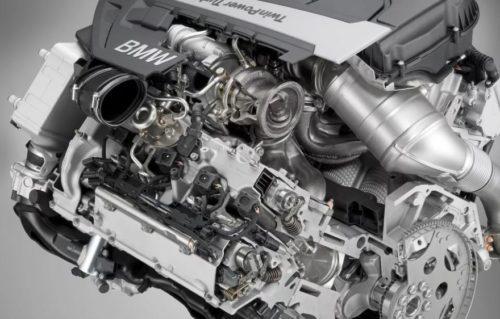
The issue with N63 has not been resolved, even considering the introduction of the new modified B44TU variant in 2012. Its design became more complex, which did not solve the problem but rather introduced additional issues. Owners still complain about oil consumption, valve gasket leaks, coolant reservoir leaks, and poor air intake manifold tightening.
General Conclusions
In the past two decades, owners of new cars, even if not BMWs, have noticed that cars are no longer being engineered by engineers. 80% of the work is done by designers and marketers.
If the decision is made to buy a BMW second-hand, a thorough check of the specific car should be conducted, requesting the previous owner's logbook or service history, which should reflect oil changes, parts subject to repair.
It is important to inquire about the fuel used during operation and to know precisely the brand of oil consumed by the car. Even such a meticulous approach to buying a car does not guarantee the avoidance of the aforementioned issues.
